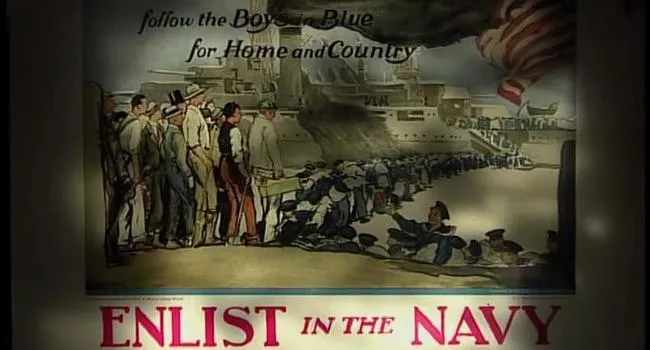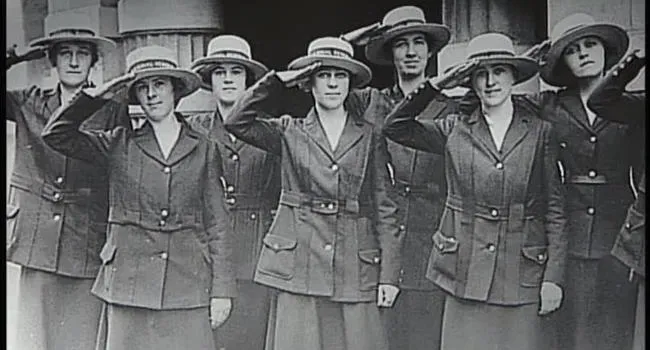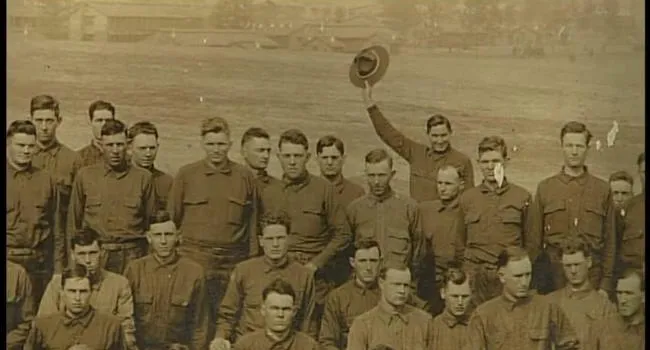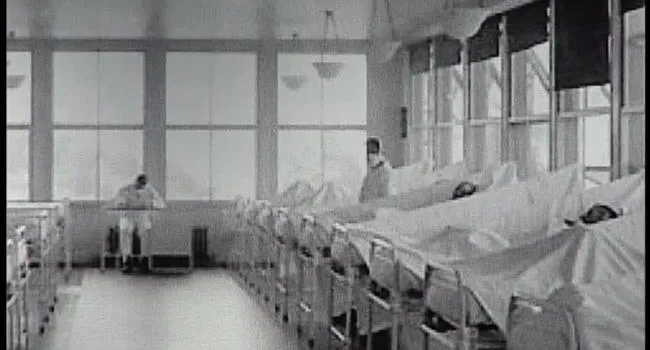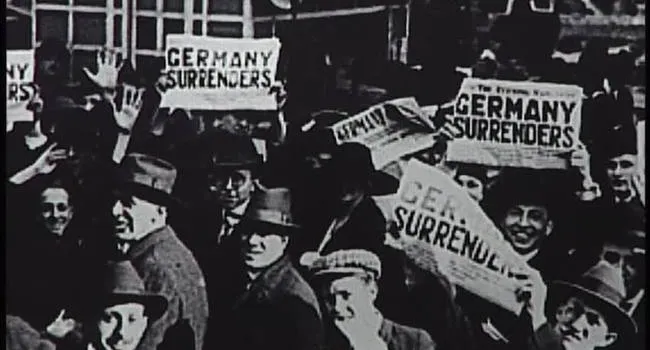Although in 1917 more African Americans were educated and attempting to gain equality, Jim Crow laws and racial attitudes still controlled their political and economic opportunities in South Carolina. When WW1 began, there was a call for arms among all men, including African American men. The idea of African American men bearing arms was not accepted easily. South Carolina Governor, Richard Manning, called against black troops in the efforts to halt any black man from holding a gun.
The 371st infantry included poor sharecroppers but also literate and educated African American men. They were the top unit in Fort Jackson. Initially, they were not suppose fight in the war, but as demand for men grew, the 371st U.S infantry was deployed. African American soldiers were not allowed to fight alongside American white soldiers, so they were reassigned to the French Infantry.
The French Army awarded the 371st infantry for their valiance and service. When the infantry returned to the United States, they were welcomed with a parade in Columbia, South Carolina. But the recognition was short lived. Many of the men from the infantry went back to agricultural labor, poor wages and discrimination. Disappointed by the lack of opportunities, African American veterans move to the North.


